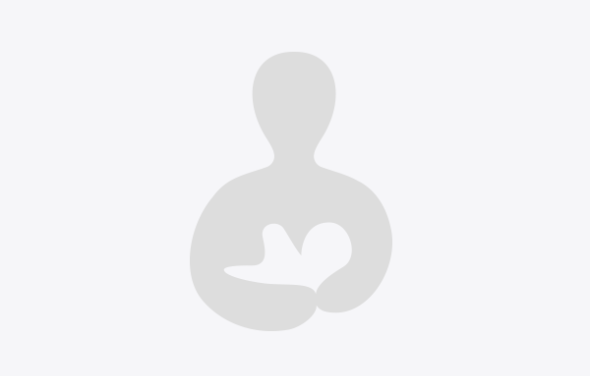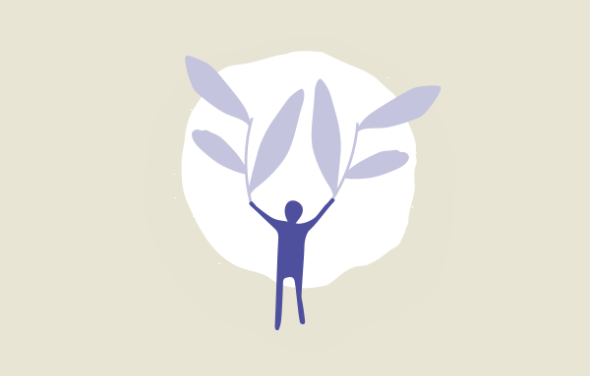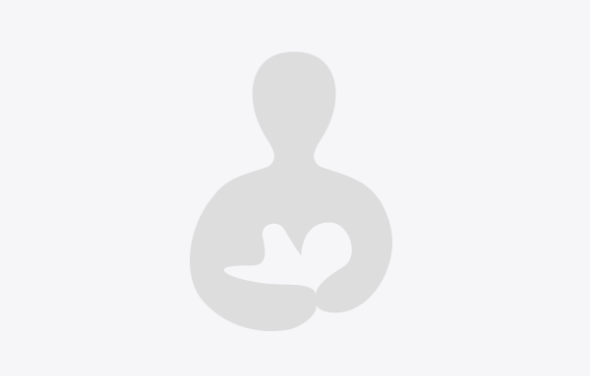Natalie travelled to Namibia to undertake an elective placement at Windhoek Hospital
It was the most fantastic surprise to learn that my application for the Iolanthe Student Award had been successful. I had planned to go to Windhoek in Namibia, for an overseas placement, and this award enabled me to make my hopeful plans a reality!
When my cohort were given the opportunity to go on an elective placement, I knew I wanted to use this opportunity to experience midwifery care in a completely different setting to the UK. Cardiff University, where I study, had previously forged a relationship with the University of Namibia and Windhoek Central Hospital through the Phoenix Project as part of Welsh Government's Wales for Africa programme and from that a student exchange program had already been put in place. Therefore, I jumped at the opportunity of going to Namibia.
In Namibia, maternity care is provided by nurse-midwives, who complete four years of education in university and on placement and are then qualified to work in any clinical area.
Namibia’s women face challenges that women in the UK do not routinely face: a higher maternal mortality rate, a higher infant mortality rate, a high HIV infection rate, having to pay for maternity services, and limited access to healthcare facilities requiring long commutes, sometimes on foot.
Myself and three other Cardiff University student midwives came to Namibia for our elective placement and we were welcomed to the University of Namibia and given a tour of the hospitals by midwifery lecturers, who explained the context of midwifery in Namibia to us, highlighting the challenges faced by midwives in the state hospitals - supply and equipment shortages, funding problems, and staffing shortages - but whose passion and optimism shone through.
Indeed, in Windhoek, we came face to face with these challenges, including severe shortages of resources including essential products such as antibiotics, gloves, soap and catheters. However, the staff in the hospital were extremely resourceful and resilient, keeping the hospital running despite enormous pressures.
During our placement we rotated between antenatal clinics, postnatal wards, labour wards and neonatal units. There we made connections with both nursing-midwifery and medical students, and shared experiences of how both countries offer care, plans for when we qualify, along with sharing learning resources. We learnt from the students about the deeply tribal nature of Namibian society, which is a country comprised of many different ethnic groups, divided into a large range of tribes and unique languages, which can govern who people marry, where they live, and who they can communicate with.
In the hospital’s antenatal clinic, it was brilliant to experience the rapid testing for HIV service as a routine part of the antenatal booking appointments, especially in the context of a high HIV infection rate (16.9% of women aged 15-49). In the clinic, counselling and medication was commenced immediately, which dramatically lowers the risk of the fetus contracting HIV. Similarly, the midwives on postnatal wards in Namibian hospitals offer routine vaccinations to babies before discharge for Polio, Tetanus, Tuberculosis (BCG), which puts less of a strain on women, particularly those who have travelled from other parts of the country to have their baby in Windhoek, to find transport to bring their baby to more appointments.
As in many countries without universal healthcare, in Namibia economic class determines the level of healthcare accessible. Middle class women solely access private maternity care. Many pregnant women live in poverty and travel from long distances to access care in Windhoek, as it is the only referral hospital in Namibia for women with higher risk pregnancies.
During this placement I also attended the International Confederation of Midwives’ Africa Conference which took place in Windhoek, and brought together midwives across Africa to discuss, plan, celebrate and advocate for midwifery in Africa, focusing on how to improve maternity services. This not only enabled me to meet and hear from many inspiring midwifery leaders in Africa, but also hear reports about current maternity services and plans for the future.
Both personally and professionally I believe that my sense of perspective has been broadened hugely by the opportunity that the Iolanthe Student Award and this placement have offered me. I feel that I have more of global perspective that will stop me from being UK-centric in my thinking, and give me a better ability to think broadly about midwifery and maternity issues worldwide. I believe that this placement has made me more likely to question routine practice and make sure I don’t just know how to do something, but also why I am doing it.
I have enormous respect for the midwives working in Namibia and would love to return as a qualified midwife and take part in the Phoenix Project to support their pre-registration and qualified midwives’ refresher training.
In the meantime, I am in the process of setting up a virtual buddying scheme between Cardiff University and University of Namibia students, creating a space where we can share skills and resources, ask questions and learn more about maternity care in each country and garner an appreciation of each others’ culture.
It was a privilege to receive this award and to visit Namibia. Thank you so much.






